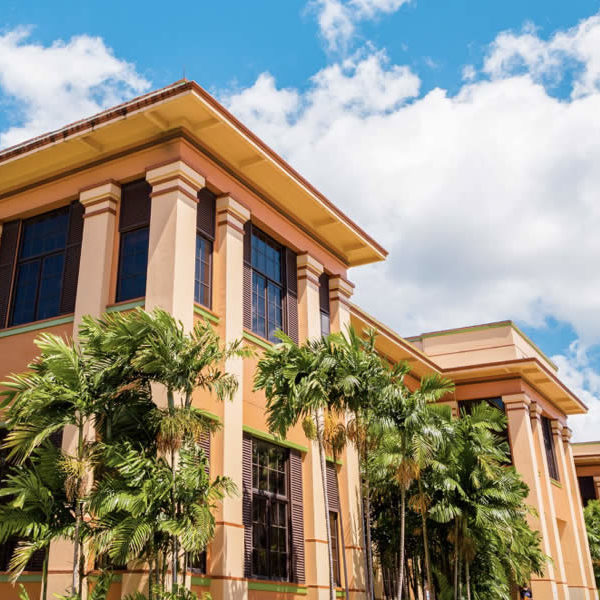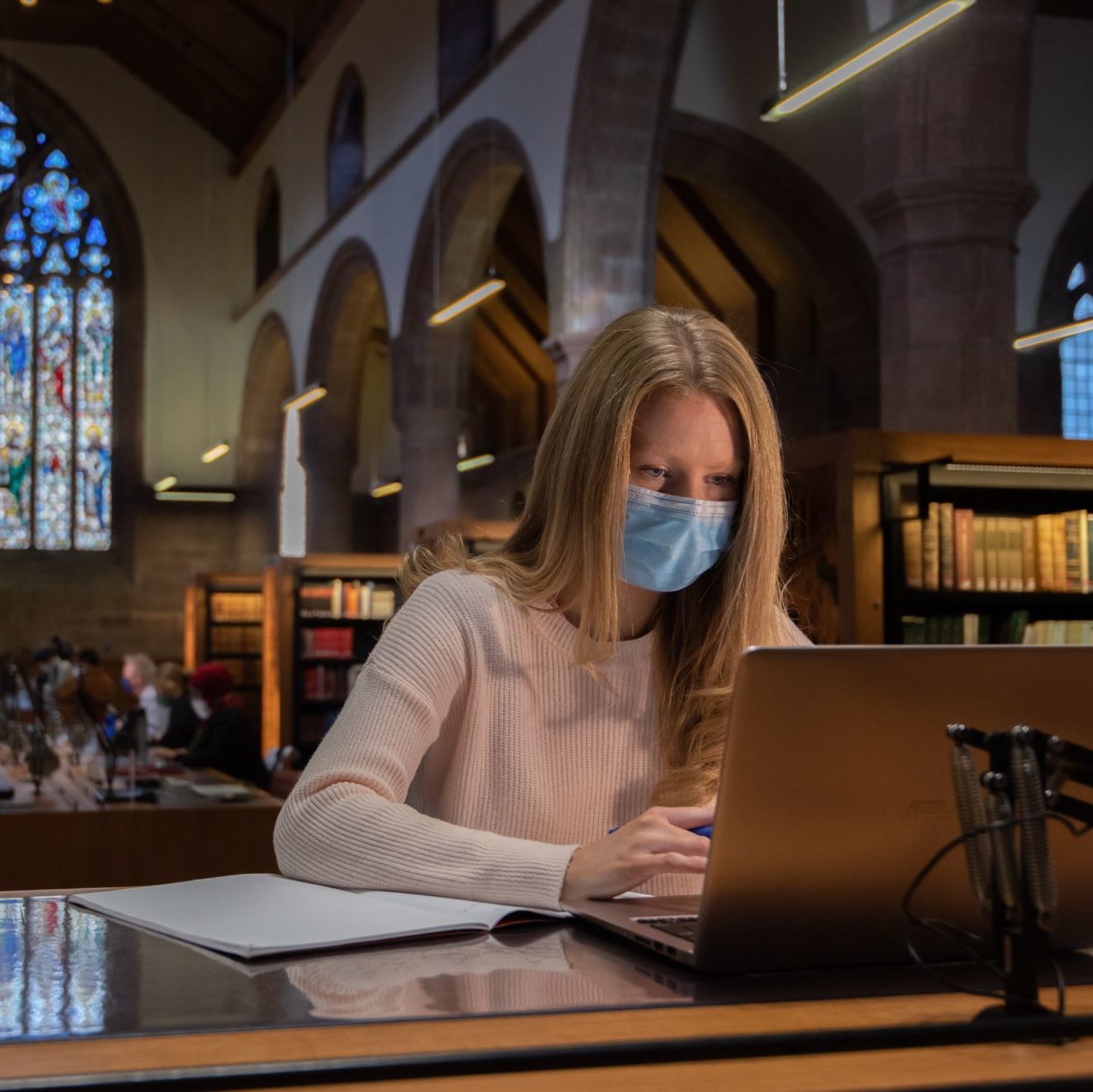Welcome to
Visualising Transnational Museology
Project Aims & Outcomes
Led by Principal Investigators Dr Karen Brown and Nicôle Meehan from the School of Art History, Visualising Transnational Museology is working closely with the University of St Andrew’s Cultural Identity and Memory Studies Institute (CIMS) within the School of Modern Languages to interrogate approaches to decolonisation and museum and heritage studies curriculum internationally. Project outputs include:


Data Visualisation
An interactive bibliography of museum studies literature visualised geographically

Video Gallery
A database of videos on specific elements of museum practice, recorded with museum professionals internationally

Decolonisation in Action Model
A possible model of ‘decolonisation in action’ in the museum sector.
The overarching project aim is to embrace and foster a partnership network of knowledge between national and transnational groups, institutions, and organisations – including the International Council of Museums (ICOM) – to highlight differences in conceptualisations of, and approaches to decolonisation.
These activities are being strongly supported by a dynamic team of students drawn from the Museum and Gallery Studies programme and Undergraduate Student Assistantship scheme at St Andrews, and the School of History at Trinidad and Tobago, The University of the West Indies. The project is supported by a transatlantic focus group of academics and museum professionals.
Project Inception
The Visualising Transnational Museology (VTM) project aims to visualise the global distribution of publications. The project began with a University of St Andrews (USTAN) Equality, Diversity and Inclusion project scoping resources for museum studies teaching between St Andrews and the Caribbean in partnership with The University of the West Indies (The UWI).
USTAN and UWI are now co-creating an innovative, new Caribbean Cultures and Curation module to be offered to students of Social Anthropology, Museum and Heritage Studies, and cognate disciplines from 2022-23. The project is based at the University of St Andrews and is supervised by lecturers of the Museums and Galleries Studies programme.


Data Processing
We have identified three key audiences for the project website visualisation: students and academics, researchers, and museum professionals.
Each audience will view the same data in a way that is beneficial to them. As such, we have endeavoured to standardise the display of information on the visualisation and in the data compilation. In the future, the bibliography will be available on GitHub for ease of access and searchability.
Collaborators
- Alex Lednicky, University of St Andrews, School of Art History
- Anne’el Bain, University of the West Indies (UWI) St. Augustine
- Bruno Brulon Soares, Universidade Federal do Estado do Rio de Janeiro – UNIRIO
- Catherine O’Leary, School of Modern Languages, Director of the Cultural Identity and Memory Studies Institute (CIMS)
- Gabriella Minin, University of St Andrews, School of Art History
- Heather Cateau, University of the West Indies (UWI) St. Augustine
- Jamie Allan Brown, University of St Andrews, School of Art History
- Jenny Willcox, School of Modern Languages, Cultural Identity and Memory Studies Institute (CIMS)
- John Large, University of St Andrews, School of Art History
- Julie Jaresova, University of St Andrews, School of Art History
- Karen Brown, University of St Andrews, School of Art History
- Kate M Wilcox, University of St Andrews, School of Art History
- Kaye R N Hall, Barbados Museum & Historical Society
- Leonie Leeder, University of St Andrews, School of Art History
- Natalie McGuire-Batson, Barbados Museum & Historical Society
- Natalie Urquhart, National Gallery of the Cayman Islands
- Nicôle Meehan, University of St Andrews, School of Art History
- Shani Roper, University of the West Indies (UWI) Mona
- Shelia Asante, Museums Galleries Scotland
Contact Us
Our project’s data has many potentials and we couldn’t possibly realize all of them, therefore we would like your help to see what we can do to enhance and grow this project. Please let us know what you’ve learned, how your opinions may have changed, and if there is anything you would like to see added.
Our email address is [email protected], and all communication is reviewed by our Project Manager, Jamie Allan Brown.